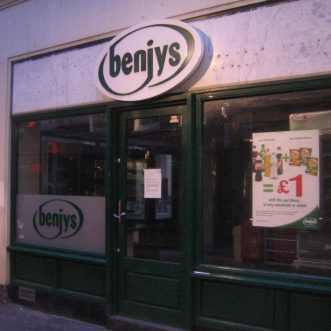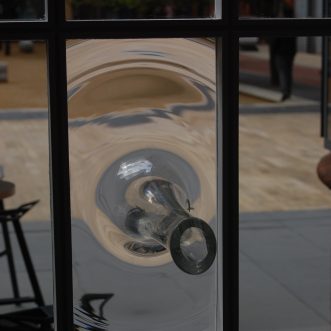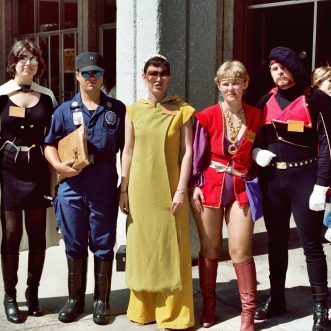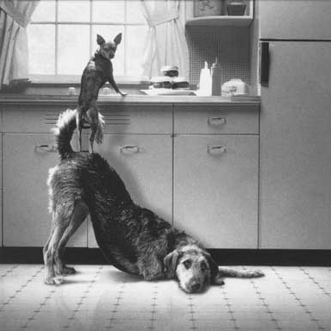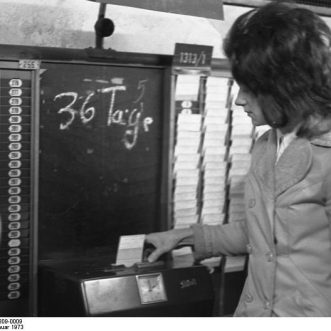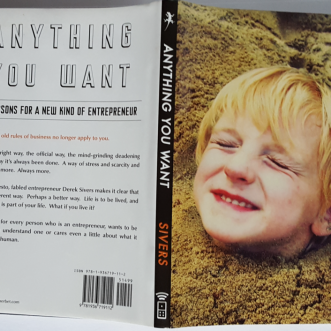April 23, 2019
Years ago, on my way to work, I’d call in to the Benjy’s sandwich bar next to Cannon Street Station to pick up breakfast. It was always full of other City workers doing the same thing.
In those days, the hot sandwiches and toast were freshly made, and there were only 2 kinds of coffee – with or without milk. You ordered at the counter, waited for your food, and paid at the till.
So far, the same as every other Benjy’s.
But here’s where it changed, because the manager of this Benjy’s had a system.
He took your hot food order, shouted it to the team in the kitchen behind him, wrote it on a paper bag and stacked that bag on top of the one before. That was it. You mooched around the shop (picking up an extra snack or two), until he called out your order. You picked it up along with a tea or coffee from the ready-made batch at the counter, then paid at lightning speed at the till.
The wait for food was never that long – he had clearly parallelised that, so that bacon, eggs and baguettes were always ready, and the stock of teas and coffees was constantly topped up, at least during the busiest times of breakfast and lunch.
All in all it probably took less time to happen than it’s taken me to write down.
What this manager had realised was that what mattered to his clients was not the wait for hot food, it was the wait to place an order. So he built his system around minimising that.
Once you saw that paper bag go down, you knew you were taken care of and could relax. Once you knew your order was in, you weren’t going to walk out without it. In fact you were likely to spend more, to fill in time while you waited.
I never visited another Benjy’s that worked like this one.
I’m guessing that central management assumed that the volume of business this manager handled was simply down to being next to a busy commuter railway station, so never thought to come and look at how he did it, so they could pass that system on to other franchisees.
I don’t know what they were measuring, but it wasn’t what mattered. Which may be why the chain failed.

